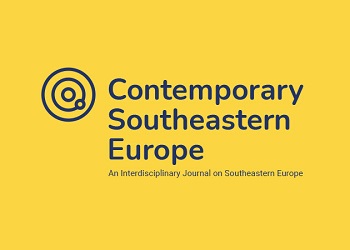Introduction: The Politics of Numbers in the Post-Yugoslav States
Introduction: The Politics of Numbers in the Post-Yugoslav States
Author(s): Soeren Keil, Valery PerrySubject(s): Nationalism Studies, Inter-Ethnic Relations
Published by: Universität Graz
Summary/Abstract: Since 1991, every country in the former Yugoslavia has either held, or has attempted to hold, a census. The most recent efforts occurred in or around 2011, reflecting both the interest of harmonizing with the European Union’s (EU) own 2011 census round, as well as the need for accurate data in a region that has experienced significant population flux in the past generation. Macedonia’s 2011 census was cancelled during the enumeration period due to objections related to the counting procedure, but grounded in politics related to the Macedonian and Albanian populations, and representation provisions in the Ohrid Framework Agreement that ended the violent conflict in the country in 2001. Bosnia and Herzegovina (BiH) collected data for the first time since the war in 2013, but as of this writing (October 2015) the results have not been finalised. Kosovo’s census results have been contested by Belgrade, with a number of Serb majority municipalities in Kosovo boycotting the census while other minorities have also questioned the results.
Journal: Contemporary Southeastern Europe
- Issue Year: 2/2015
- Issue No: 2
- Page Range: 43-49
- Page Count: 7
- Language: English

